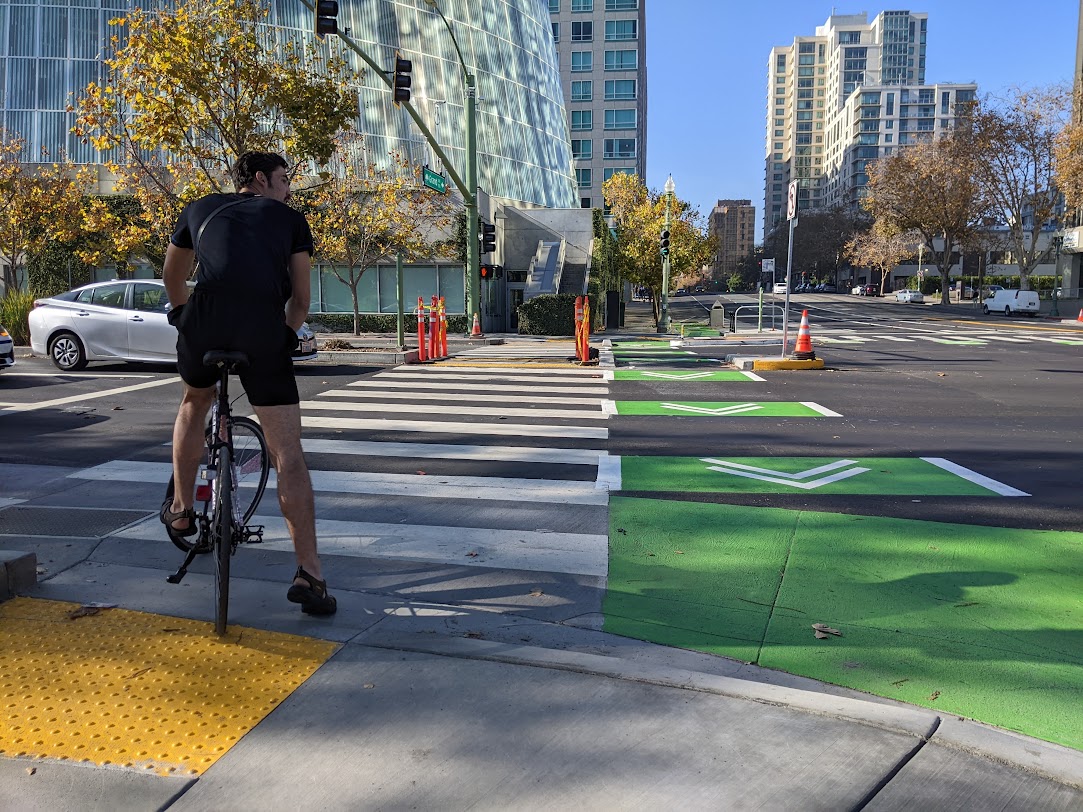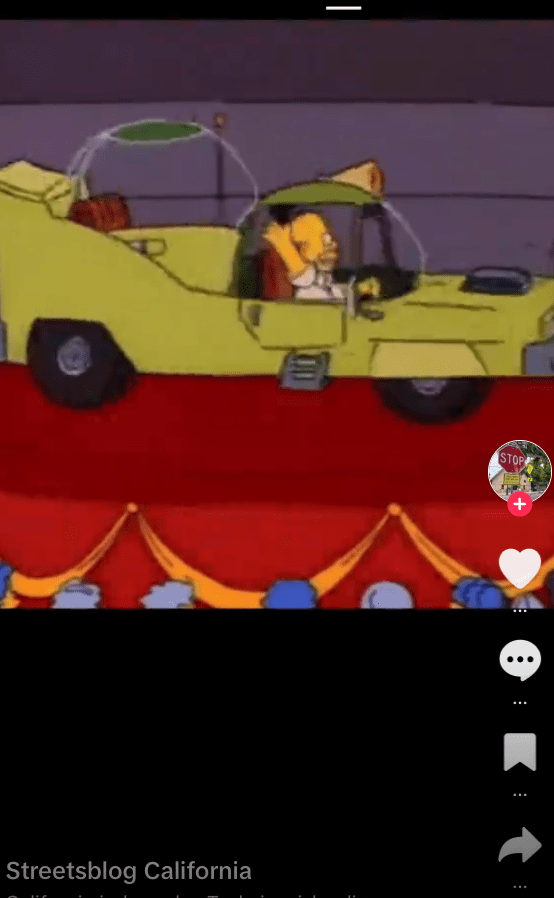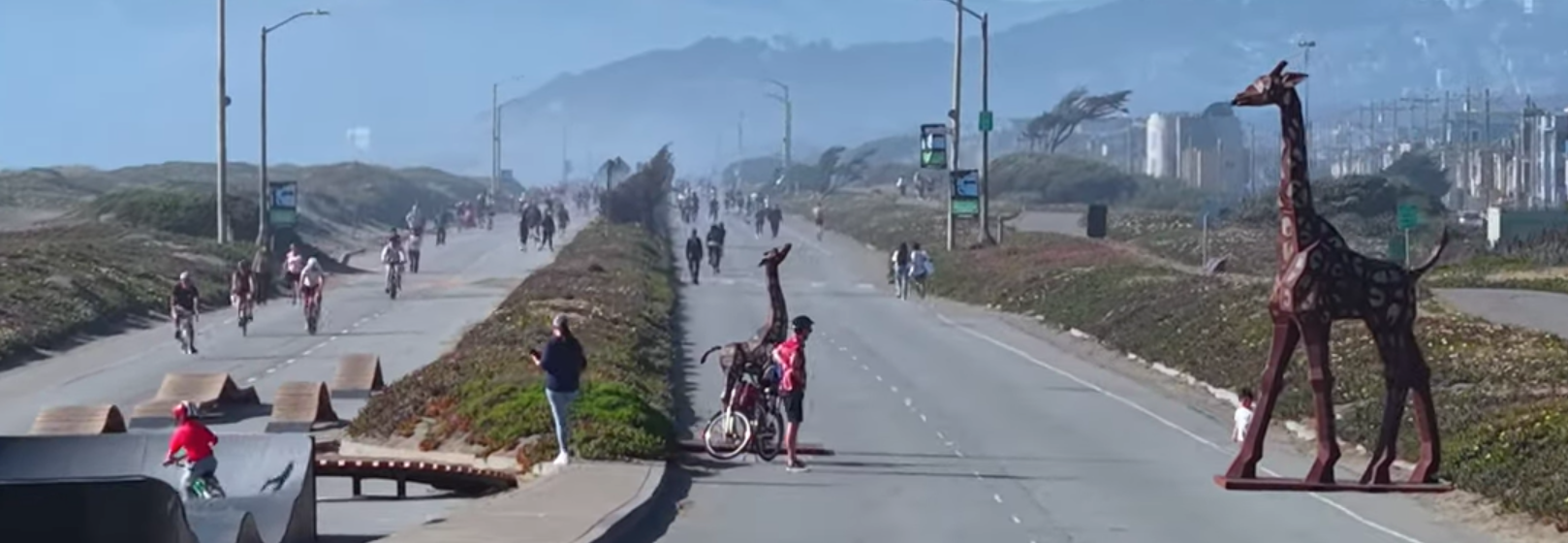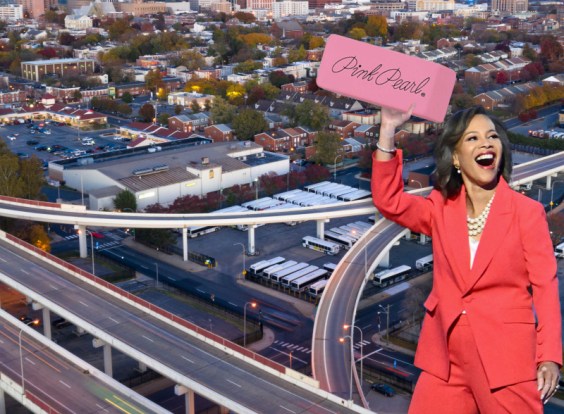The "Hyperloop," a conceptual high-speed transport plan from Tesla founder Elon Musk, received attention yesterday from almost every major news outlet.
The reception wasn't exactly critical, and it turns out there are a few holes in Musk's plan to whisk people through underground tubes between San Francisco and Los Angeles at speeds as high as 758 mph -- a proposal that is drawing comparisons to California high-speed rail, which Musk has said will be too expensive and too slow.
Network blogger James Sinclair at Stop and Move pointed out that the Hyperloop -- widely reported as a 30-minute connection between San Francisco and L.A. -- wouldn't come close to one city. It would terminate in Sylmar, about an hour's Metrolink ride from L.A. That wasn't the only problem. The plan includes no actual solution for spanning the San Francisco Bay, Sinclair writes.
Today, Alon Levy at Pedestrian Observations says the mythology surrounding the man behind the plan seems to have clouded our judgment:
There is a belief within American media that a successful person can succeed at anything. He (and it’s invariably he) is omnicompetent, and people who question him and laugh at his outlandish ideas will invariably fail and end up working for him. If he cares about something, it’s important; if he says something can be done, it can. The people who are already doing the same thing are peons and their opinions are to be discounted, since they are biased and he never is. He doesn’t need to provide references or evidence.
Thus we get Hyperloop, a loopy intercity rail transit idea proposed by Tesla Motors’ Elon Musk, an entrepreneur who hopes to make a living some day building cars. And thus a fair amount of the media coverage is analysis-free summary of what Tesla already said: see stenography by ABC, Forbes, the Washington Post’s Wonkblog, and even BusinessWeek (which added that critics deal with “limited information”). Some media channels are more nuanced, sometimes even critical; the Wall Street Journal deserves especial credit, but Wonkblog also has a second, mildly critical post. But none has pressed Musk or Tesla about the inconsistencies in his proposal, which far exceed the obvious questions about the proposed $6 billion price tag.
There is no systematic attempt at figuring out standard practices for cost, or earthquake safety (about which the report is full of FUD about the risks of a “ground-based system”). There are no references for anything; they’re beneath the entrepreneur’s dignity. It’s fine if Musk thinks he can build certain structures for lower cost than is normal, or achieve better safety, but he should at least mention how.
Elsewhere on the Network today: My Wheels are Turning shares a new video that dramatizes the life-altering consequences of the decision to text and drive. Kaid Benfield at NRDC Switchboard explains his long quest to boil down sustainable cities to a few measurable factors. And Streetfilms' latest portrays a near perfect harmony between cyclists and trains in Zurich.





